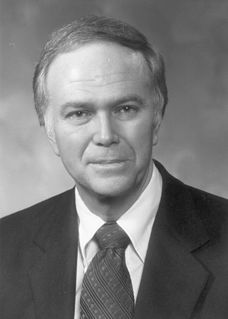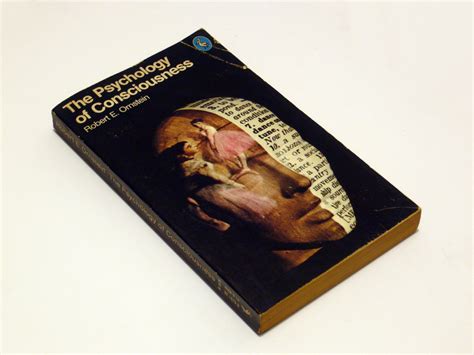A Quote by Alain de Botton
Intuition is unconscious accumulated experience informing judgement in real time.
Quote Topics
Related Quotes
Intuition comes from the whole person, from a place that includes the conscious and the unconscious. The total result of all feelings and perceptions manifests spontaneously through intuition. Intuition gives expression to the feelings; that expression is unique and perfectly fitted to the needs of the moment.
Tradition, history and respect; that kind of qualities I admire, that I want to see preserved. Time is the only commodity that matters. Being successful doesn't make you manage your time well; managing your time well makes you successful. Goals, Priorities, and Planning. Why am I doing this? What is the goal? Why will I succeed? What happen if I chose not to do it? 'Good judgement comes from experience, experience comes from bad judgement'.
The unconscious is the only available source of religious experience. This in certainly not to say that what we call the unconscious is identical with God or is set up in his place. It is simply the medium from which religious experience seems to flow. As to what the further cause of such experience might be, the answer to this lies beyond the range of human knowledge.
Mass, time , magnetic moment, the unconscious: we have grown up with these symbolic concepts, so that we are startled to be told that man had once to create them for himself. He had indeed, and he has: for mass is not an intuition in the muscle, and time is not bought ready-made at the watchmaker's.
The great problems of life — sexuality, of course, among others — are always related to the primordial images of the collective unconscious. These images are really balancing or compensating factors which correspond with the problems life presents in actuality. This is not to be marveled at, since these images are deposits representing the accumulated experience of thousands of years of struggle for adaptation and existence.
Kafka was certainly one of the great literary talents of the twentieth century, but he did not find his way to his own style until the age of nearly 30, so rather late. The disciplined immersion in unconscious psychical material is something he also learned only after long years of practice. When he succeeded in doing it for the first time - in the story The Judgement - it put him in a euphoric mood. He wanted to experience this again and again; the act of creation made him happy and proud.
This duality has been reflected in classical as well as modern literature as reason versus passion, or mind versus intuition. The split between the conscious mind and the unconscious. There are moments in each of our lives when our verbal-intellect suggests one course, and our hearts, or intuition, another.



































